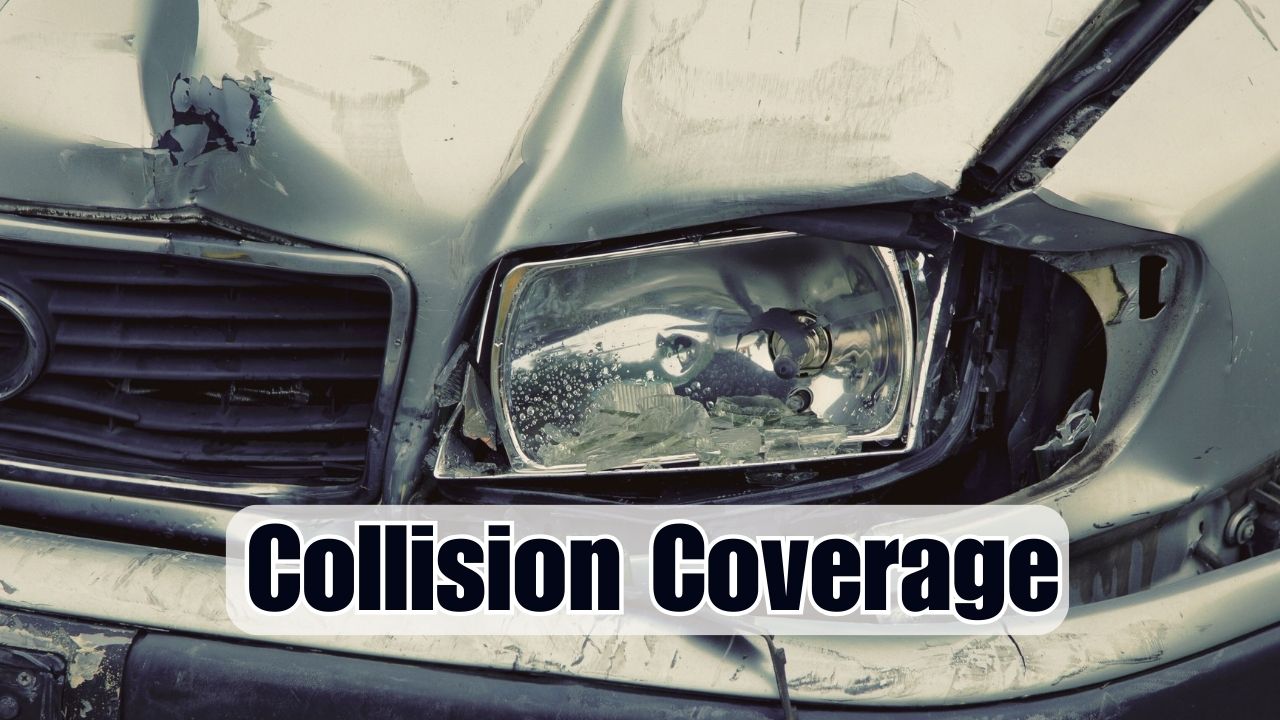Navigating the intricacies of auto insurance can be daunting, especially when it comes to understanding various coverage types. Collision coverage is a fundamental component that provides financial protection in the event of a collision-related accident. This comprehensive guide aims to unravel the complexities surrounding collision coverage, offering a detailed explanation, benefits, considerations, and frequently asked questions to help you make informed decisions about your insurance needs.
What is Collision Coverage?
Collision coverage is a type of auto insurance that helps cover repair or replacement costs to your vehicle if it’s damaged in a collision with another vehicle, object, or if it overturns. Unlike liability insurance, which covers damages to other parties in an accident, collision coverage specifically caters to your vehicle’s damages, regardless of fault.
Key Points of Collision Coverage:
- Coverage Scope: Collision coverage applies to accidents involving collisions with another vehicle or object, rollovers, or single-car accidents where you hit a stationary object like a tree or pole.
- Coverage Limit: Policies usually have a coverage limit based on your vehicle’s actual cash value (ACV). ACV refers to the current value of your car minus depreciation.
- Deductibles: Deductibles are the amount you’re responsible for paying before your insurance kicks in. Typically, higher deductibles result in lower premium costs, but it means you’ll pay more out of pocket in the event of a claim.
- Claim Process: When filing a claim for collision coverage, you’ll need to provide details of the accident, such as the date, location, and extent of damages. An adjuster will assess the damage and estimate repair costs.
Benefits of Collision Coverage:
- Vehicle Protection: It provides financial protection for repairing or replacing your vehicle, reducing the financial burden after an accident.
- Peace of Mind: Knowing that your insurance will help cover repair costs gives you peace of mind and confidence while driving.
- Flexibility: Regardless of fault, collision coverage ensures your vehicle’s damages are taken care of, offering flexibility and protection in various accident scenarios.
Considerations before Purchasing Collision Coverage:
- Vehicle Value: Evaluate your vehicle’s value and weigh it against the cost of collision coverage. For older or low-value vehicles, the premium might outweigh potential benefits.
- Driving Habits: Consider your driving history and the likelihood of accidents. Safe drivers might opt for higher deductibles to lower premium costs.
- State Requirements: Some states may not mandate collision coverage, but it might still be advisable based on your circumstances.
FAQs (Frequently Asked Questions):
Q1: Is collision coverage mandatory? A1: Collision coverage is typically optional, unlike liability coverage, which is often mandatory in most states. However, if you lease or finance your vehicle, the lender may require collision coverage until the loan is paid off.
Q2: Will collision coverage pay for damages caused by natural disasters or theft? A2: No, collision coverage specifically addresses damages resulting from collisions with other vehicles or objects. Comprehensive coverage usually covers damages from theft, vandalism, natural disasters, and other non-collision incidents.
Q3: How can I lower collision coverage costs? A3: You can lower your collision coverage costs by opting for a higher deductible, maintaining a good driving record, and potentially bundling your insurance policies with the same provider.
Conclusion: Collision coverage is a crucial component of auto insurance that safeguards you against repair or replacement costs arising from collisions. Understanding its scope, benefits, considerations, and how it aligns with your vehicle and driving habits is pivotal in making informed decisions regarding your insurance coverage. Evaluating your needs and consulting with insurance professionals can help tailor a policy that provides adequate protection while considering cost-effectiveness.
Remember, while collision coverage offers protection, it’s essential to assess your individual situation to determine if it aligns with your insurance needs and budget.
